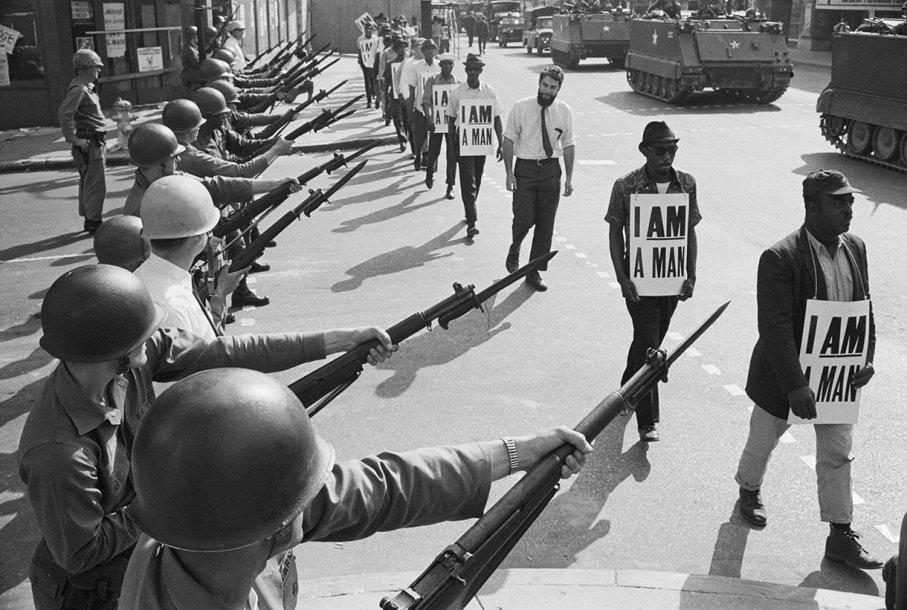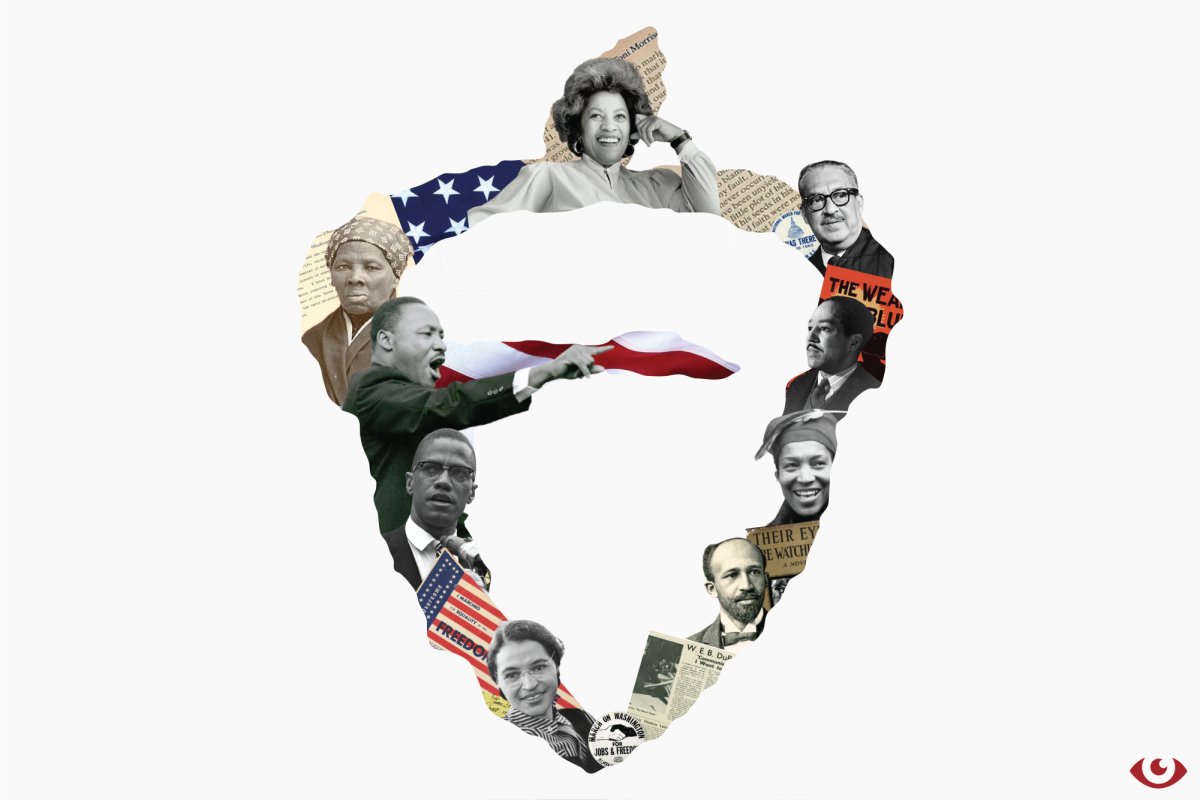Feb. 12, 1968: Memphis Sanitation Worker’s Strike
On Feb. 1, 1968, Echol Cole and Robert Walker, two Memphis sanitation workers, were crushed to death when their truck’s compacting mechanism failed to work properly. After 12 days had passed with little reform, the neglect of sanitation workers in the city was finally evident to the public. Ten days later, a unanimous decision to strike was made by hundreds of Cole and Walker’s co-workers.
Strikes and walk-outs attempted to combat the poor working conditions, insufficient pay and the inability to organize as a collective group. The first set of non-violent protests was met with tear-gas but this only served to incite community leaders, youth and more workers into numerous other protests and marches.
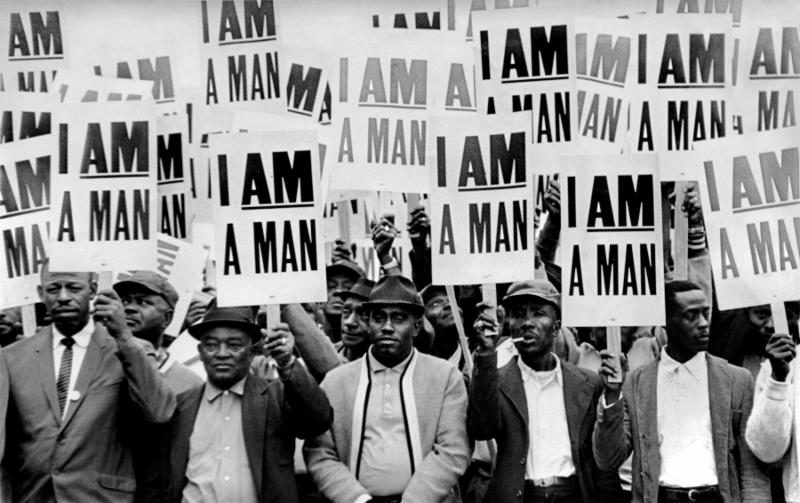
After months of protest, negotiators were finally able to claim better wages and the ability to unionize for the Memphis Sanitation Workers and citizens with similar jobs.
Fifty years after the historic strike, the repercussions are still echoing throughout the streets of America. Neglected workers across the nation have inherited the proverbial torch and have continued to lobby for better wages and conditions.
Feb. 14, 1957: Georgia Senate outlaws interracial athletics
In order to preserve white supremacy, Georgia representatives proposed dozens of bills that would specifically ban integrated athletic competitions in the early 1950s. The quick spread of segregated sports was heavily opposed and was moved to Congress’ back burner for several years. It wasn’t until 1957 that the need for athletic segregation was argued for. Members of the Georgia Assembly thought that the only way to increase the success of collegiate athletics was to separate the players along racial lines. The law has since been abolished and Southern athletics are continuing to dominate championships in collegiate basketball and football.
Feb. 16, 1952: FBI agents arrest 10 KKK members in North Carolina
One of the most prominent terrorist organizations during the Civil Rights Era was the Ku Klux Klan (KKK). During the height of their terror, the KKK was responsible for lynchings, cross-burnings and terrorizing minorities.
As a result of a substantial investigation, the Federal Bureau of Investigations (FBI) arrested 10 members of the KKK close to Columbus County, North Carolina. Later, they were charged with conspiracy as well as recurring instances of cross-burnings and shootings.
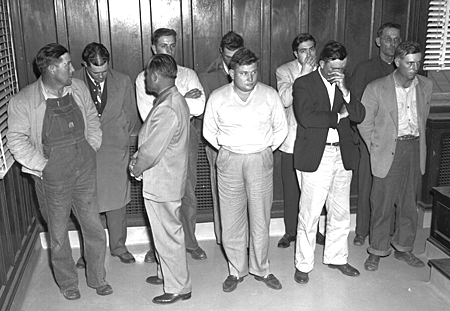
The FBI recognizing the KKK as a threat to the United States was a major step in the actions that led to African-Americans’ ability to live in neighborhoods, cities and towns that were previously exclusive and segregated.
Feb. 17, 1960: MLK arrested during the Alabama Bus Boycott
Following the December 1955 arrest of Rosa Parks, the Montgomery Bus Boycott was a protest of the segregation of public busses that lasted 13 months.
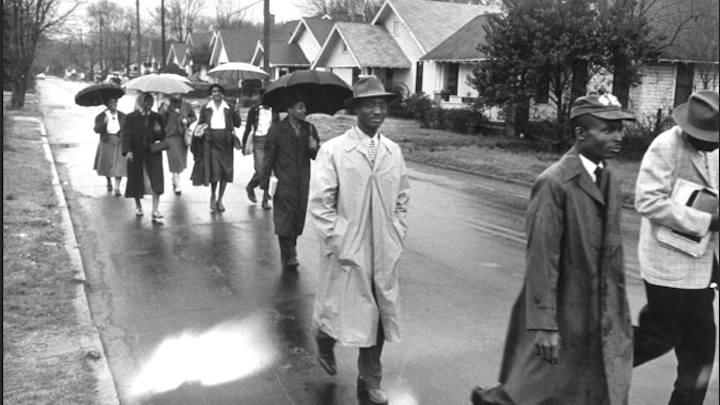
Martin Luther King, Jr. was indicted by a grand jury for violating anti-boycott laws. These laws prevented activists from creating a substantial impact but MLK and 88 other activists sought freedoms that required the breaking of the oppressive ruled placed upon them.



